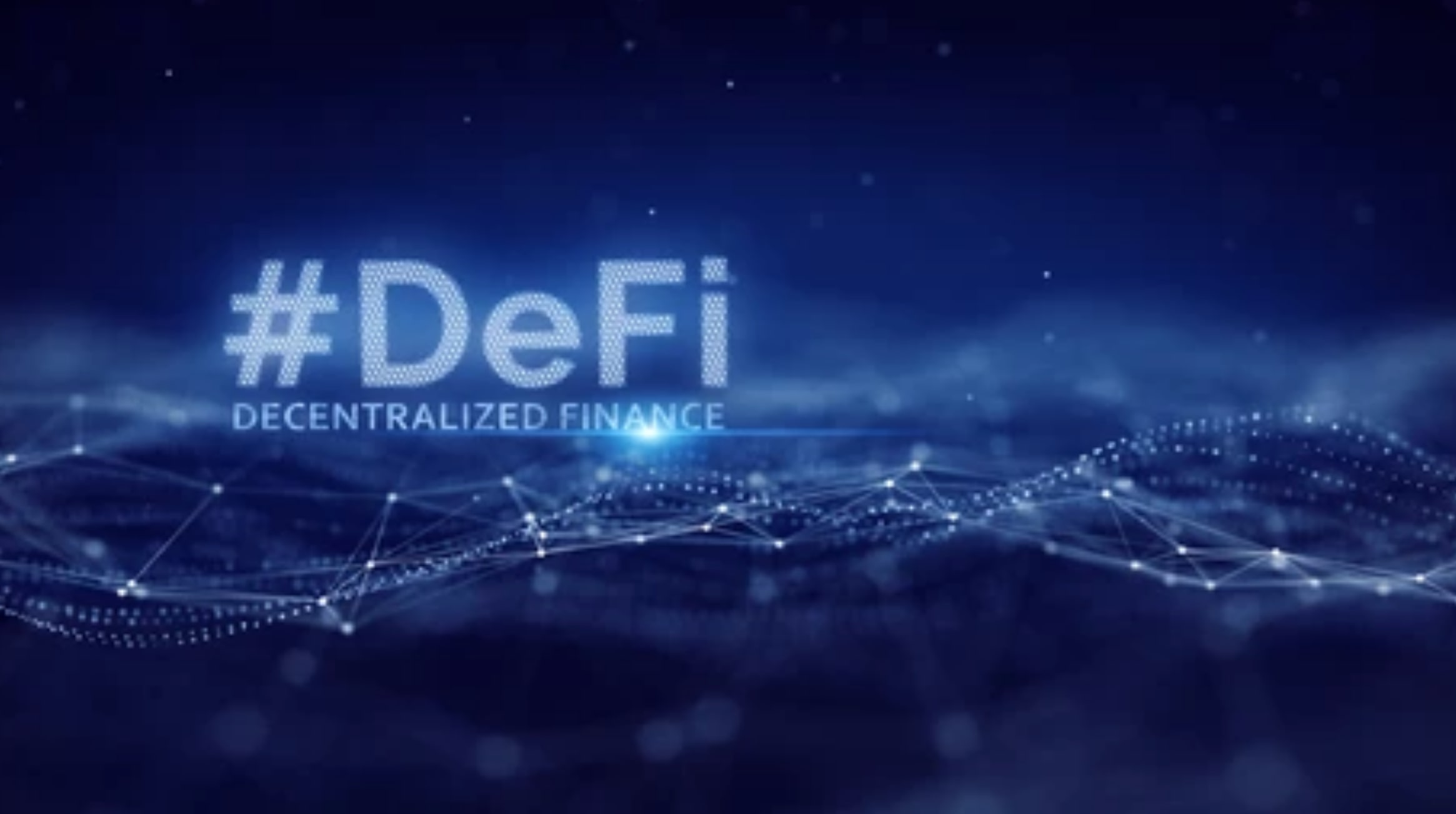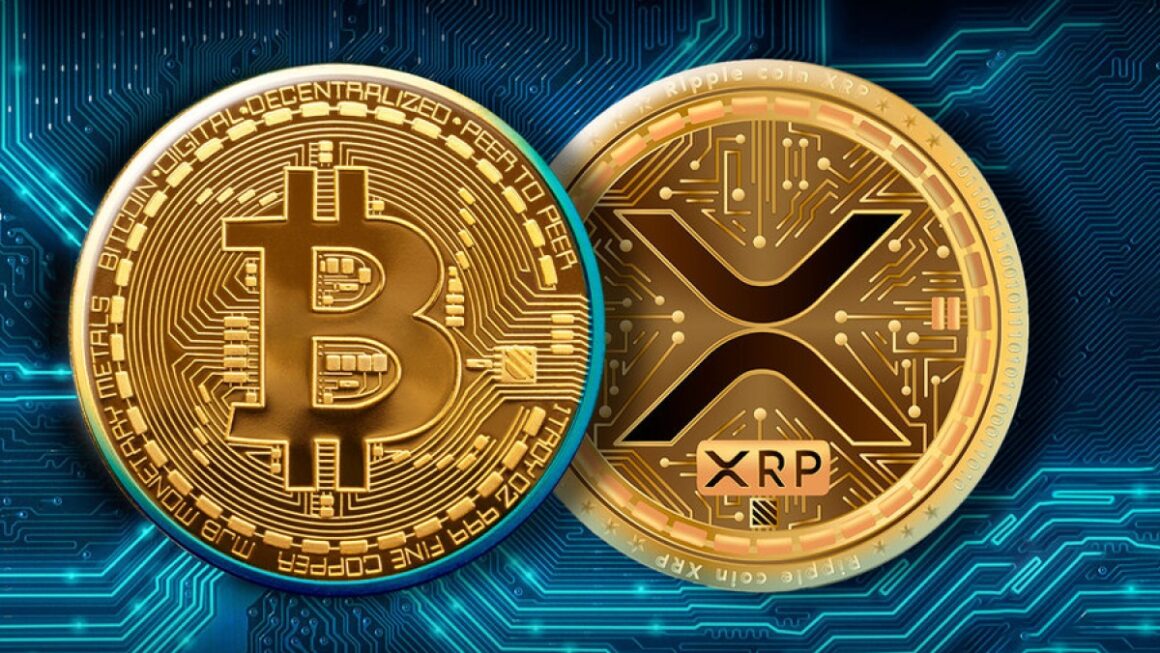Decentralized Finance (DeFi), the revolutionary financial ecosystem built on blockchain technology, has faced a tumultuous journey in the United States. In recent times, it seems that the era of unrestricted DeFi innovation in the US is coming to an end, primarily due to mounting regulatory challenges and uncertainties.
The Rise of DeFi
DeFi emerged as a disruptive force, offering an open and permissionless financial system that aimed to eliminate intermediaries like banks and traditional financial institutions. This movement allowed users to access financial services such as lending, borrowing, and trading directly from decentralized applications (dApps) and smart contracts.
The Regulatory Hurdles
However, the rapid growth and increasing popularity of DeFi platforms have attracted the attention of regulators. The decentralized nature of DeFi, while celebrated for its autonomy, has posed significant challenges for regulators trying to apply traditional financial laws.
SEC Scrutiny
The U.S. Securities and Exchange Commission (SEC) has been particularly active in asserting its regulatory authority over DeFi. It views many DeFi tokens as securities and has initiated legal actions against several projects for non-compliance with securities laws. This aggressive stance by the SEC has sent shockwaves through the DeFi community.
Know Your Customer (KYC) and Anti-Money Laundering (AML) Regulations
DeFi’s open and permissionless nature often clashes with Know Your Customer (KYC) and Anti-Money Laundering (AML) regulations. Many DeFi protocols don’t require user identification, raising concerns about their use for illicit activities. The prospect of stricter KYC and AML regulations looms large over the DeFi space.
Tax Implications
Taxation is another grey area in DeFi. The IRS has yet to provide comprehensive guidelines on how to report DeFi transactions for tax purposes, leaving many users unsure about their tax obligations.
The Uncertain Future
All these regulatory challenges and uncertainties have cast a shadow of doubt over the future of DeFi in the US. While the intention behind regulatory efforts is to protect investors and prevent financial crimes, some fear that excessive regulation could stifle innovation and drive DeFi development out of the country.
Adaptation and Innovation
DeFi projects are not standing idly by. Many are actively working on compliance solutions, including integrating KYC and AML measures and exploring ways to meet tax obligations. By collaborating with regulators, DeFi platforms hope to find a middle ground that allows innovation to thrive while safeguarding the interests of all stakeholders.
The Global Perspective
The future of DeFi may not solely depend on US regulations. DeFi is a global phenomenon, and DeFi projects can operate from anywhere in the world. Many DeFi teams have chosen to establish their operations in crypto-friendly jurisdictions, which could lead to a geographic shift in the DeFi landscape.
Conclusion
As the US regulatory landscape for DeFi continues to evolve, it’s clear that DeFi in the US is facing significant challenges. However, this does not necessarily spell the end of DeFi; instead, it may lead to a transformation of the ecosystem. DeFi projects will need to adapt to regulatory changes while continuing to innovate, and users will need to stay informed and compliant. The true test lies in striking a balance between innovation and regulation, and how this balance is achieved will shape the future of DeFi in the United States and beyond.














